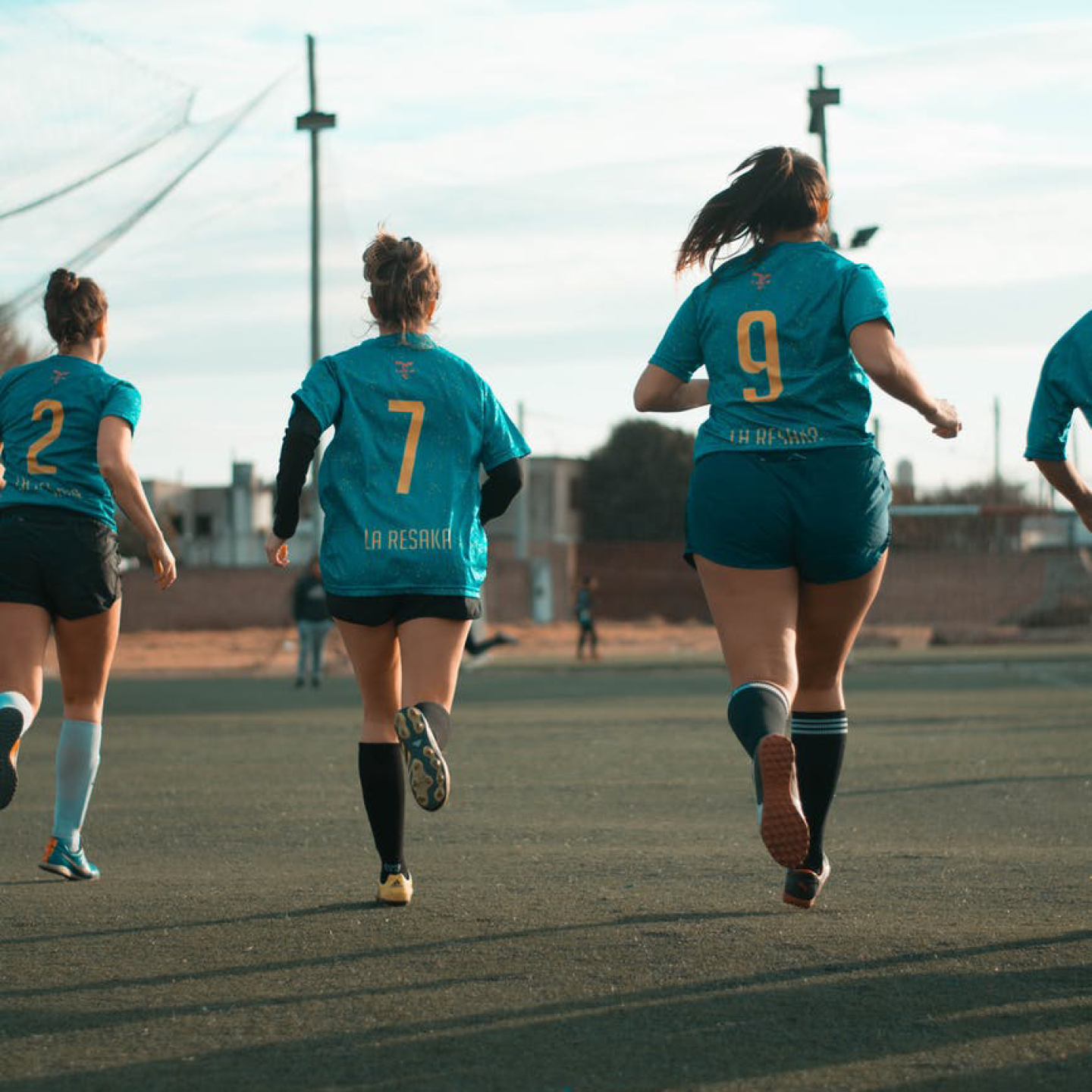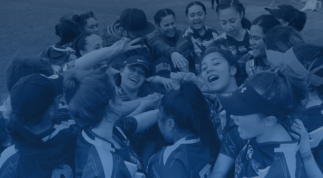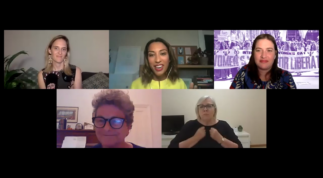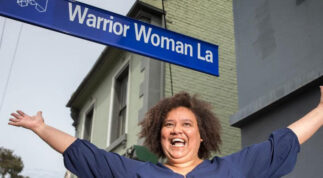2020 has challenged us in pretty much every way possible. Sporting clubs at all levels and pay grades have most definitely not been immune to this. But now, as the year rushes to its end, it’s worth looking back at everything that has happened and seeing what we can actually learn.
This year has not actually caused all the problems that we have seen. Rather it has served to expose the issues that have been there all along. We can apply this same logic to both the sporting community and the world as a whole. So I am taking this chance to look back at the things that we have been forced to reckon with in the past 11 months. Hopefully, from all the difficult events and challenges, we can maybe even learn something.
#1 Sport cannot exist without its community.
Playing the actual game is only part of the reason we engage in sport. Whether it is the huddle before or the coffee after, the people we play with are often the reason we play. If we think way back to March, many of us will remember the first time we watched an AFL game that had no crowd. It was jarring, to say the least. It was similar in a way to seeing televised comedy sets or music performances. Without an audience, the whole thing feels different. Until that moment I hadn’t realised how much my reactions to a football game were influenced by the crowd. The cheers, the boos- we often get as much entertainment from those watching the game as those playing it. The lack of all of those audible responses, drove home for me how unnatural it feels to experience sport in isolation.
At its core, sport is about coming together- in competition or in teamwork. And having a year where we were so isolated, only reinforced the necessity of sporting clubs as community builders. Even on a micro-level, I saw how much my half-marathon training was impacted by not being able to run with my friend and her dog. I saw first hand how the act of participating in sport is intrinsically altered when it is done alone. And when I finally was able to undertake that run, with my friend by my side, I was so especially grateful not to be doing it alone. I hope that I never take the noise of the fans and the social events that come with a game for granted again.
#2 Regardless of ‘bubbles’, sport’s connection to the world at large is undeniable
We heard the word ‘bubble’ a lot this year, almost as much as we heard ‘unprecedented’ or ‘you’re on mute’. But something that cannot truly exist in a bubble, is the impact of sport on the rest of our culture. In a similar vein to how our communities are intrinsically linked to the sports we participate in, this year showed us just how much of a role sport can play in making better communities and better people through engagement and awareness.
Many of us follow sport purely because of the joy it brings us, and this is a good thing. But just as it can provide some form of escape- it also serves as a reflection of what is going on in the real world. From Naomi Osaka to Lewis Hamilton to the AFL supporting Clothing the Gap’s Free The Flag movement. This year we saw a major increase in famous athletes taking a stand and using their immense influence to help encourage positive change and discussion. I hope that we can continue to embrace the positive impact that athletes can have on political and social conversations and that we never try and put any game in a bubble again.
And now what? Onto the next challenge.
Sport has many powers. It can help keep our mental and physical health in check. It challenges us and helps us learn. And it brings us joy. It does not matter whether we are professional athletes, parents of tiny sports enthusiasts, social sport fill-ins, or fans on the couch. We all felt the absence of sport this year, and from that, we also realised just how important it is too.
 Jess Naylor
Jess Naylor
Jess is a volunteer at the Victorian Women’s Trust, mainly focused on the communications side of things. She graduated from Monash University in 2018 with an Arts degree majoring in politics and journalism. Jess is passionate about political engagement and education especially when it comes to helping make more people aware of inequality. When she’s not doing that, she’s mostly reading romantic novels, watching romantic comedies or trying to find the best everything bagel with cream cheese.



